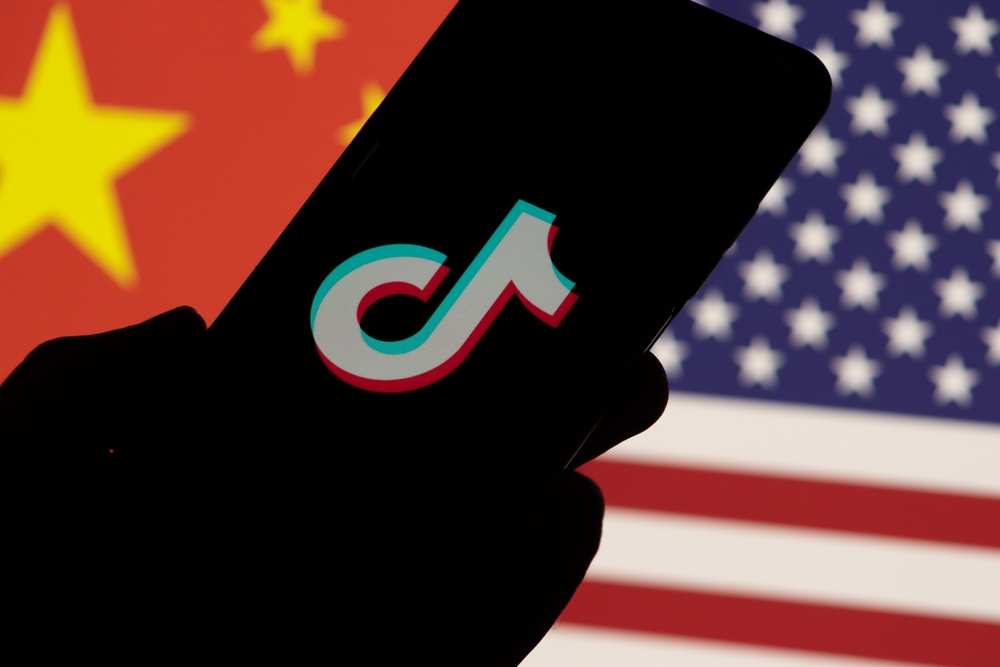How to pronounce Beto O'Rourke's first name — "Is it BET-oh or BAY-toe?" — is debated nearly everywhere the 2020 Democratic presidential hopeful goes in Iowa. But Rich Salas doesn't hesitate.
"BET-oh," the chief diversity officer at Des Moines University says correctly while introducing O'Rourke at a recent gathering of an Asian and Latino political action committee. "What a really great name."
Salas notes that O'Rourke "speaks really good Spanish, better than I do," before leading chants of "Viva Beto!"
It's a rallying cry that may not resonate in Iowa, home to the nation's first presidential nominating contest, but could pay dividends faster than in previous years thanks to a primary calendar that will see the two states with the largest Hispanic populations go to the polls earlier than usual.
Hispanics make up just 6% of the population in Iowa, which holds caucuses Feb. 3, and barely half that percentage in New Hampshire, which goes next. But then comes Nevada, where almost 30% of people are Hispanic. And, just 10 days later this cycle, California and Texas — home to 13-plus million eligible Hispanic voters, nearly half of all such voters nationwide, according to the Pew Research Center — vote on "Super Tuesday."
That means candidates who can win consistent Hispanic support could potentially secure a viable — if narrow — path of survival through the primary's frantic opening weeks, as the 23-candidate field winnows. A total of 4,051 Democratic delegates are up for grabs. Nearly 500 of those will be in California and 260-plus in Texas. Both allocate delegates proportionately, though, meaning even the winners likely have to share their hauls — and potentially providing more lifelines for any candidate who can mobilize Hispanics even if they don't finish first.
"I think it's smart for the candidates to be thinking about how they can become a household name in the Latino community," said Matt Barreto, co-founder of the Hispanic polling firm Latino Decisions. "It will keep them alive, and it will make them a national contender, even if they don't do well in Iowa or New Hampshire."
U.S. & World
It's a risky strategy since that means betting on an electorate that's disproportionately young and plagued by low voter turnout — and may still mostly be going to the polls late enough that campaigns working hard to woo it may not last that long. New Mexico Gov. Bill Richardson, who was the lone Hispanic in the 2008 presidential race, made a strong showing in Nevada essential to his bid, only to drop out before he got there — following fourth-place finishes in Iowa and New Hampshire.
U.S. Census survey data shows that general election Hispanic turnout in 2018 climbed 13-plus percentage points from the last midterms in 2014, to 40.4%, but still trailed whites, who reported voting at 55% rates, and blacks, who reported voting at 51.1%. Still, Barreto noted that the overall number of Hispanics who reported voting has risen in recent cycles and that the turnout percentage has been hurt because so many Hispanics are turning 18 and young people of all backgrounds are less likely to vote.
Hispanics, meanwhile, will outpace African Americans to become the electorate's largest nationwide racial minority group for the first time on Election Day 2020 — accounting for more than 13% of eligible voters, according to Pew projections. Not all Hispanics are Democrats, but about two-thirds reported voting for the party during last fall's midterms, according to AP VoteCast, a survey of the 2018 national electorate.
"Over the years, there haven't been that many Latino presidential candidates," Julian Castro, former San Antonio mayor and Obama administration housing chief and 2020's only Hispanic presidential candidate, said in a phone interview. "So, there's still this sense of barriers being broken."
Castro has been to Nevada more than any Democratic presidential rival and has announced sweeping plans on issues he says Hispanics most care about, including calls for decriminalizing crossing the U.S.-Mexico border illegally and universal prekindergarten. O'Rourke, a former congressman, is of Irish decent but speaks fluent Spanish and hails from El Paso, Texas, where more than a quarter of the population are immigrants, most from just across the border in Mexico.
Sen. Kamala Harris has a home-state advantage in California and, during a recent town hall in neighboring Nevada, handed out headsets to attendees who wanted to listen to a Spanish translation — along with signs reading "Kamala Harris for the People" in English and Spanish. She's also named Emmy Ruiz, Hillary Clinton's 2016 state director in Nevada, as a senior adviser, and Julie Chávez Rodriguez, granddaughter of legendary activist Cesar Chávez, is her campaign's co-national political director.
Cristóbal Alex, who headed the Latino Victory PAC, is an adviser to former Vice President Joe Biden, while Vermont Sen. Bernie Sanders' campaign points to polling showing his rising popularity with Hispanics. It's also enlisted Carmen Yulin Cruz, mayor of the Puerto Rican capital of San Juan — known for sparring verbally with President Donald Trump in the wake of Hurricane Maria's 2017 devastation of the island. Then there's New York Sen. Kirsten Gillibrand, who invited Yulin Cruz to Trump's State of the Union speech.
Castro went to Puerto Rico immediately after launching his presidential campaign, and Massachusetts Sen. Elizabeth Warren also visited, while O'Rourke and Mayor Pete Buttigieg of South Bend, Indiana, have talked about going. The island's 64-delegate Democratic primary is March 8, the Sunday after Super Tuesday.
Cristina Tzintzún, executive director of Jolt, a Texas-based group that organizes Hispanics, said candidates won't be able to rely solely on their backgrounds or advisers, saying "I don't believe in honorary Latinos."
"People want diversity," said Tzintzún, a Sanders supporter in the 2016 Democratic primary. "What matters more is who's offering the bold solutions."
Castro has traveled to Nevada six times since December. He has gone to citizenship classes and attended house parties in historically Hispanic communities like east Las Vegas — including one hosted by an immigrant rights activist who is in the country illegally.
"It's likely that my story, the way I grew up, is going to resonate a lot with a lot of Latinos," said Castro, whose grandmother was born in Mexico and whose mother was a noted Latino rights activist. "Because they can see their own story in mine."
O'Rourke is hopeful his background can help him with Hispanics, too.
"I've got to think that, the fact that I live on the U.S.-Mexico border, that a quarter of those with whom I live and represented in Congress were born in another country, that I can tell a pretty powerful, positive story," O'Rourke told reporters after the event in Des Moines.
Of his Spanish, he added, "I'm going to try and reach people in every place and in every language that I possibly can."
Castro speaks some Spanish while campaigning but admits he isn't fluent — and says that's not the key factor.
"There's often this sense that, the only way to measure whether you're connecting with Latinos is if you're fluent in Spanish or not, which is just completely wrong," he said. "It becomes very one-dimensional. And what we've done is we're going after that vote in a much more holistic way."



